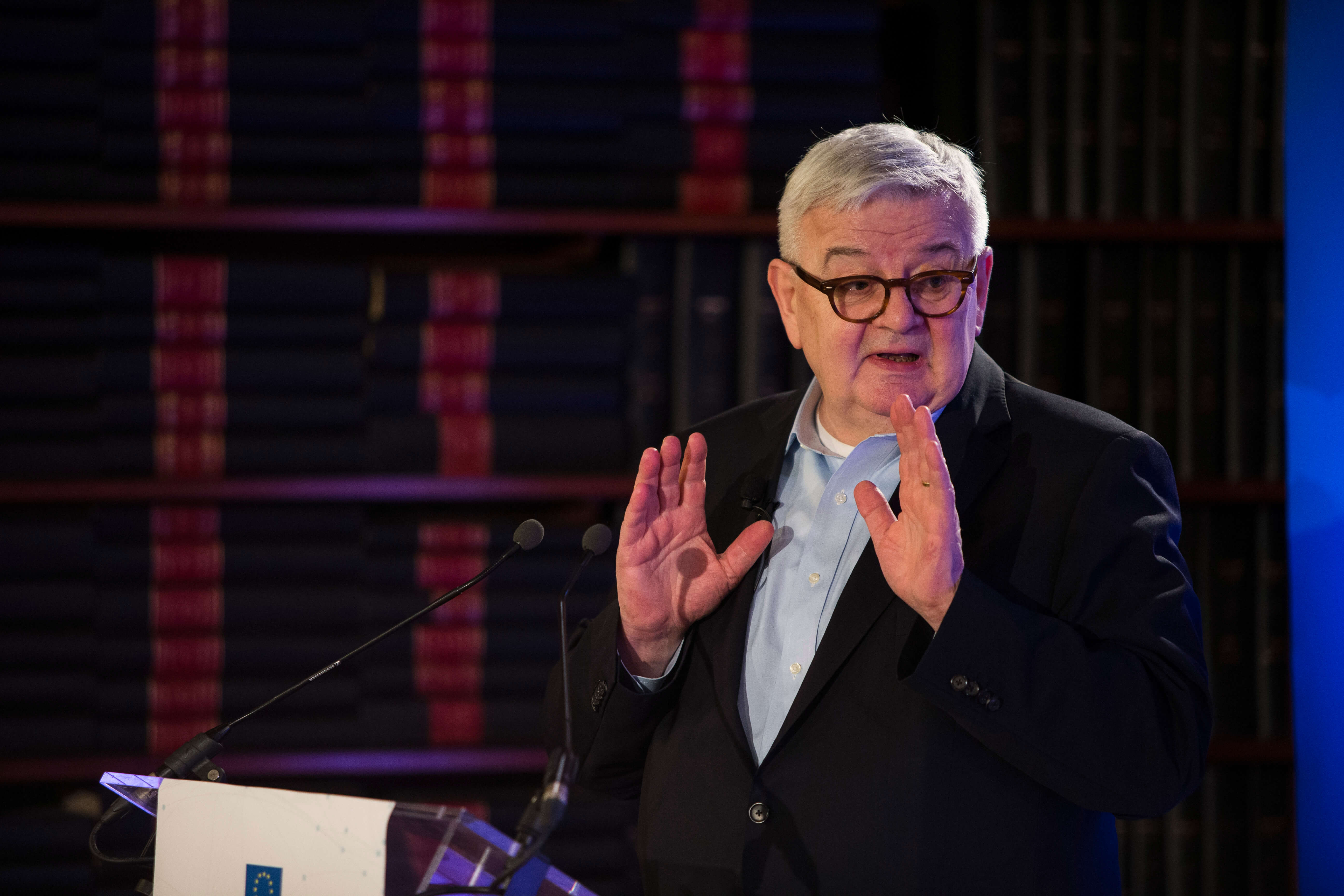Past wars in the Middle East have not only brought immense human suffering but also created new paths toward peace. The same holds for the war in and around Gaza.
Israel and the United States have significantly, and perhaps decisively, weakened the so-called Axis of Resistance – led, financed, and armed by Iran – and Iran’s nuclear program.
The leaders of Hezbollah (in Lebanon) and Hamas (in Gaza) have been eliminated, and the Assad regime in Syria has been overthrown.
The Middle East is now a different place, and Iran and its Axis of Resistance are among the biggest losers.
The war in Gaza is over, at least for now. All living hostages held by Hamas since October 7, 2023, have returned to Israel. Gaza may be almost completely destroyed, but for the moment, formal hostilities have ceased.
Given the magnitude of the humanitarian tragedy there, that alone is a big achievement. US President Donald Trump and his negotiators deserve thanks and recognition for their achievement.
A workable roadmap must be agreed
But the more difficult part of the journey, the project of establishing what Trump calls “eternal” peace, still lies ahead.
The situation demands bold political decisions on all sides – not just rhetorical gestures, but real changes on the ground – and these must come quickly.
Moreover, a workable roadmap must be agreed if peace in the Middle East, or even conflict management, is to have any chance.
Peace will come only if the two peoples who each claim the same land are willing to reconcile
Peace will come only if the two peoples who each claim the same land are willing to reconcile.
Are there majorities in Israel for that, or on the Palestinian side? Can Trump force both sides to stay the course, and will the US have the endurance to see it through?
Without all parties committing to a lasting renunciation of violence and a return to mutual recognition of each other’s right to exist – in other words, a return to the Oslo Accords – there can be no peace.
Is that possible with Israeli Prime Minister Benjamin Netanyahu, who has rejected a two-state solution?
Who will govern and administer Gaza?
The most immediate need is for a political process with a timeline and agreed-upon steps. Without that, there will be no peace, nor any willingness on the part of the international community to finance Gaza’s reconstruction – which is another urgent priority.
What will become of the two million Palestinians in Gaza without housing or health care?
It does not bode well for the future that an overwhelmingly young population has been deprived of jobs, education, and training.
It is the perfect breeding ground for radical Islamists like Hamas or other terrorist groups that are antithetical to the cause of peace.
Who will govern and administer Gaza, or provide security and disarm Hamas?
But who will govern and administer Gaza, or provide security and disarm Hamas?
Who on the Palestinian side can turn the diplomatic fiction of a “State of Palestine” into the reality of a peaceful and secure neighbor of Israel? And to what extent would such a state need to be demilitarized?
Arab governments are unlikely to commit themselves materially or politically to a roadmap that lacks a credible process for creating a Palestinian state – even though the war in Gaza has shown that an unresolved Palestinian question can have long-term, threatening consequences for them as well.
The patience and stamina
Then there is Israel. Is the current government prepared to agree to the partition of the historical Mandate territory of Palestine – including the West Bank and Gaza?
What about the exceedingly difficult question of Jerusalem, and the even more complicated question of the Temple Mount?

The US is the only power that has a chance of succeeding. But does Trump have the patience and stamina the task requires? - Joschka Fischer
Precisely because this region, and Jerusalem in particular, has always been bound up with the three Abrahamic religions – Judaism, Christianity, and Islam – representatives of each will always play a decisive role in political negotiations.
Especially toward the end of possible peace talks, religious messages and promises from the highest authorities (and how they are interpreted) will be key.
If Trump truly means what he says, he has assumed a tremendous burden. He campaigned on a promise to end America’s role as the world’s policeman, yet now he is taking on what is arguably the most difficult challenge in contemporary international politics.
The US, with its immense power, is the only power that has a chance of succeeding.
But does Trump have the patience and stamina the task requires? Failure would plunge the Middle East into even deeper turmoil. Europe, the region’s neighbor, should always keep that in mind.
Joschka Fischer, Germany’s foreign minister and vice chancellor from 1998 to 2005, was a leader of the German Green Party for almost 20 years.